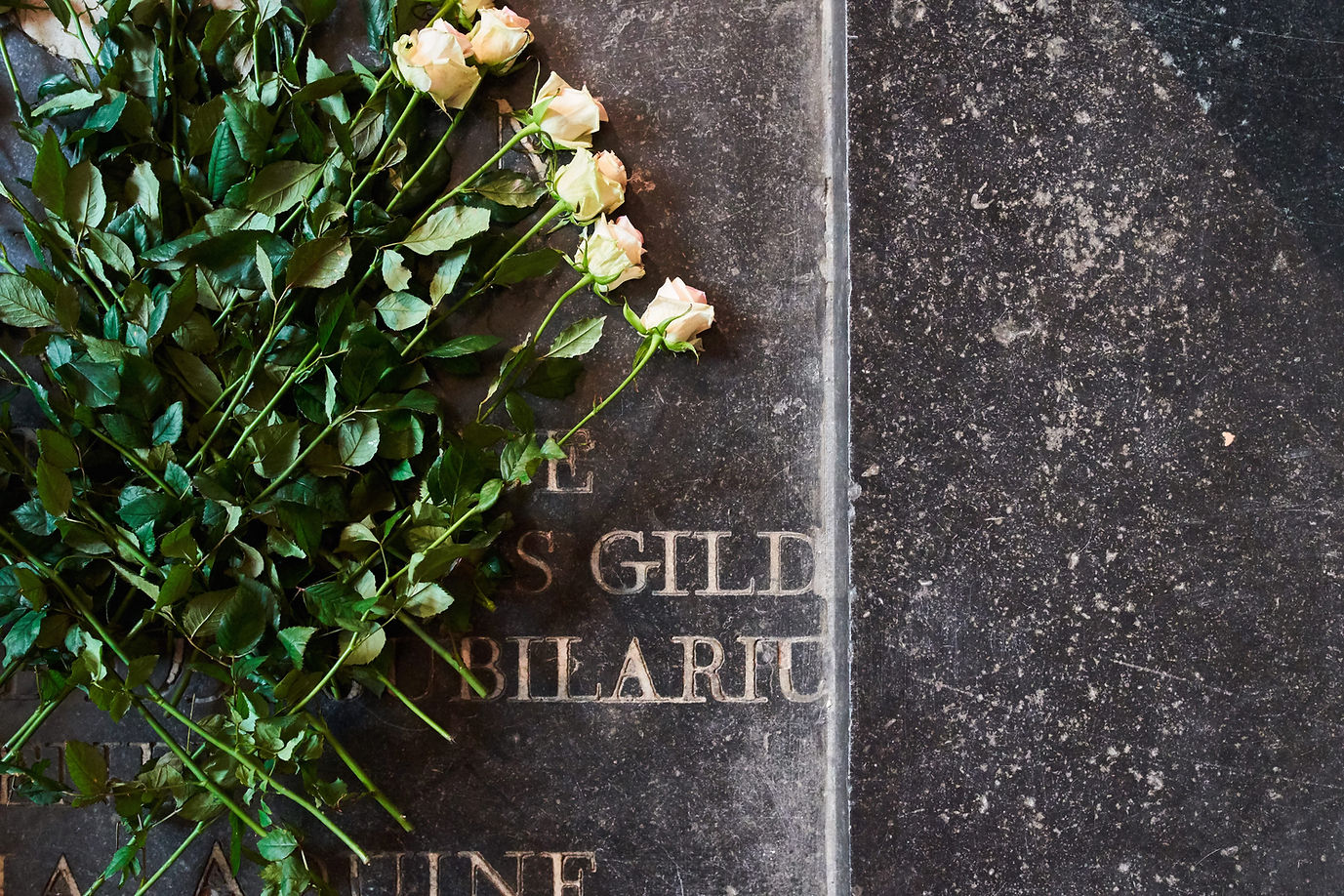top of page


The Archangel Michael
Leader of the Heavenly army
“And there was war in heaven: Michael and his angels made war with the dragon: and the dragon also and his angels made war, but he could not stand, and their place was found no more in heaven.”
- Revelation of John (12:7-12)
In this great battle, the Holy Archangel Michael managed to subdue the dragon, Satan, and threw him and his companions to the ground.
According to an old medieval legend, which was widely accepted among the Western European warrior community, a tenth legion of angels became stranded on earth. Throughout history, these good fallen angels represented a gateway to the divine through the practice of martial arts. They were considered the custodians of the Art and the defenders of the way of warriorhood.
This story shows that throughout history the archangel was considered a patron (guardian angel) for knights and other warriors such as our guild.
In these modern times we try to honor the spirit of this and identify ourselves as a brotherhood whose patron saint is the Holy Archangel Michael.
Saint Michael
Guilds and their patron saints
Since early times, our Germanic ancestors gathered their fighting men under what we call Männerbunden. These were cultic associations of men that guaranteed both the physical defense of the tribe and the maintenance of the spiritual tradition. During the Christianization of Europe, these organizations were watched suspiciously by the church. They had to deny their loyalty to Wothan (ancient Germanic supreme god). The organizations responded cleverly to this and gradually exchanged their old gods for the martial spiritual forms of the new religion. We know these associations as the medieval guilds, such as: St. George, St. Michael and St. Sebastian. Although the form changed, the objective remained intrinsically the same: protection of the community and Tradition.
The word "gilda" is of Frankish origin. The word only became known in the 8th century, but we can already establish the existence of such institutions around the 5th century. The word refers to a sacrificial meal in honor of the dead. The Germans commemorated this at certain times with funeral feasts lasting days, lavish banquets and drinking parties. The offering, the contribution (initially in kind) was called guild, gelde or guilder. The name guild was transferred to the meal itself and later to the company that enjoyed the meals and the community around it. This meal is still one of the most important events at the guild.

bottom of page

